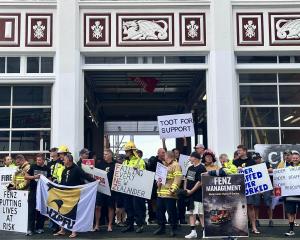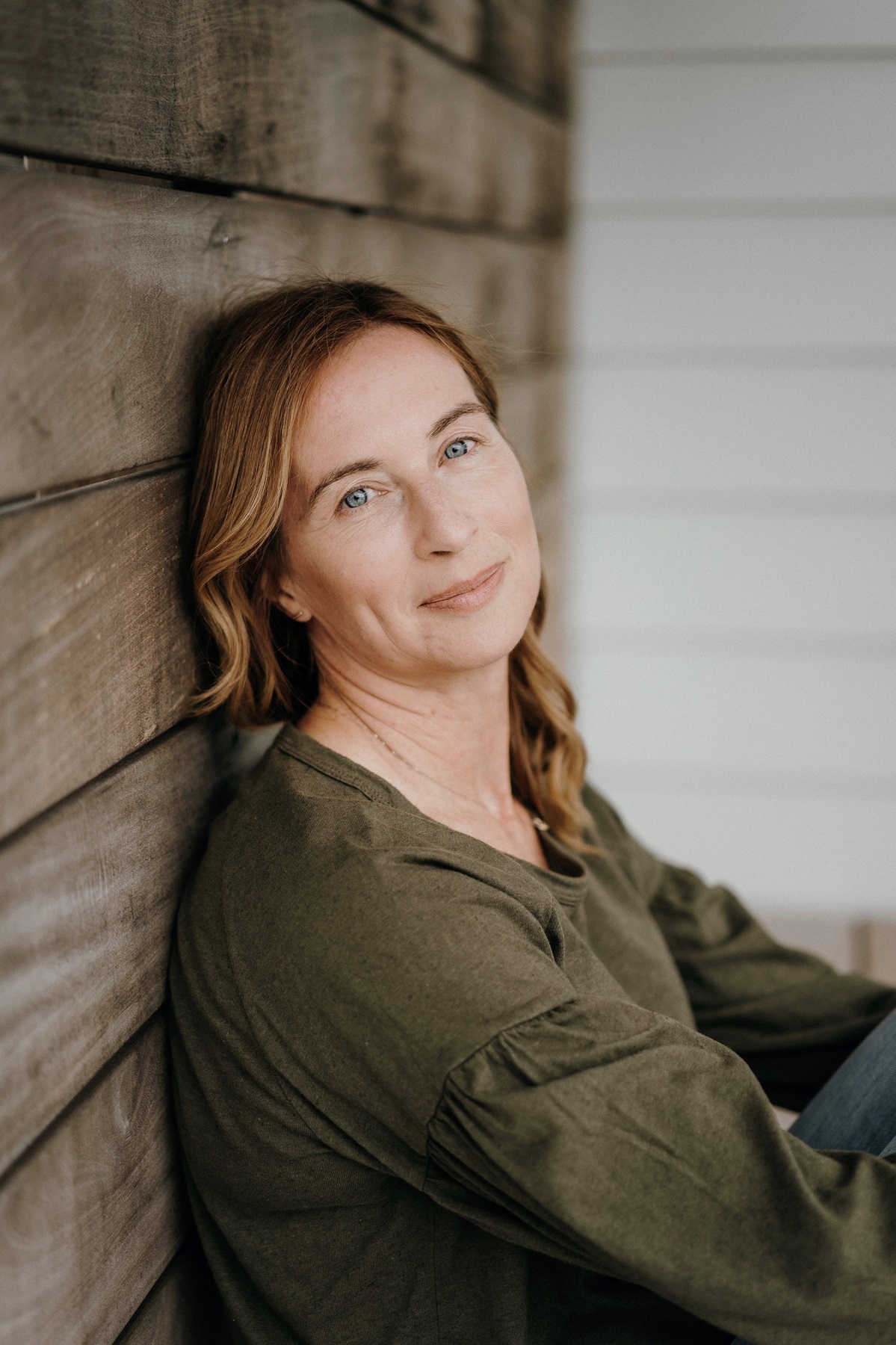
Olivia Spooner never liked history so it has become a bit of a joke with her husband that she is now a bestselling author of two historical novels, with another coming out this month.
"My husband thinks it’s hilarious because he knows how much I was disinterested. He loves any book about World War 2. And then all of a sudden this is what I’m writing about."
Her new interest in history came about accidentally. She happened to pick up a book, Shipwrecks Around New Zealand, in a library about 15 years ago. Flicking through the book she read about the sinking of the New Zealand Shipping Company liner Rangitane by the Germans during World War 2, killing seven passengers and eight crew.
"I read about what happened to the people on board and thought this is amazing, I didn’t know about this; I don’t think many New Zealanders know about this."
It "spiralled" into what became her first historical novel, The Girl From London, which follows a young school teacher who helps evacuate children from war-torn England to Australia and New Zealand.
"To be honest, I was hooked from then on. And I just read more and more. I thought there was so much interesting stuff there."
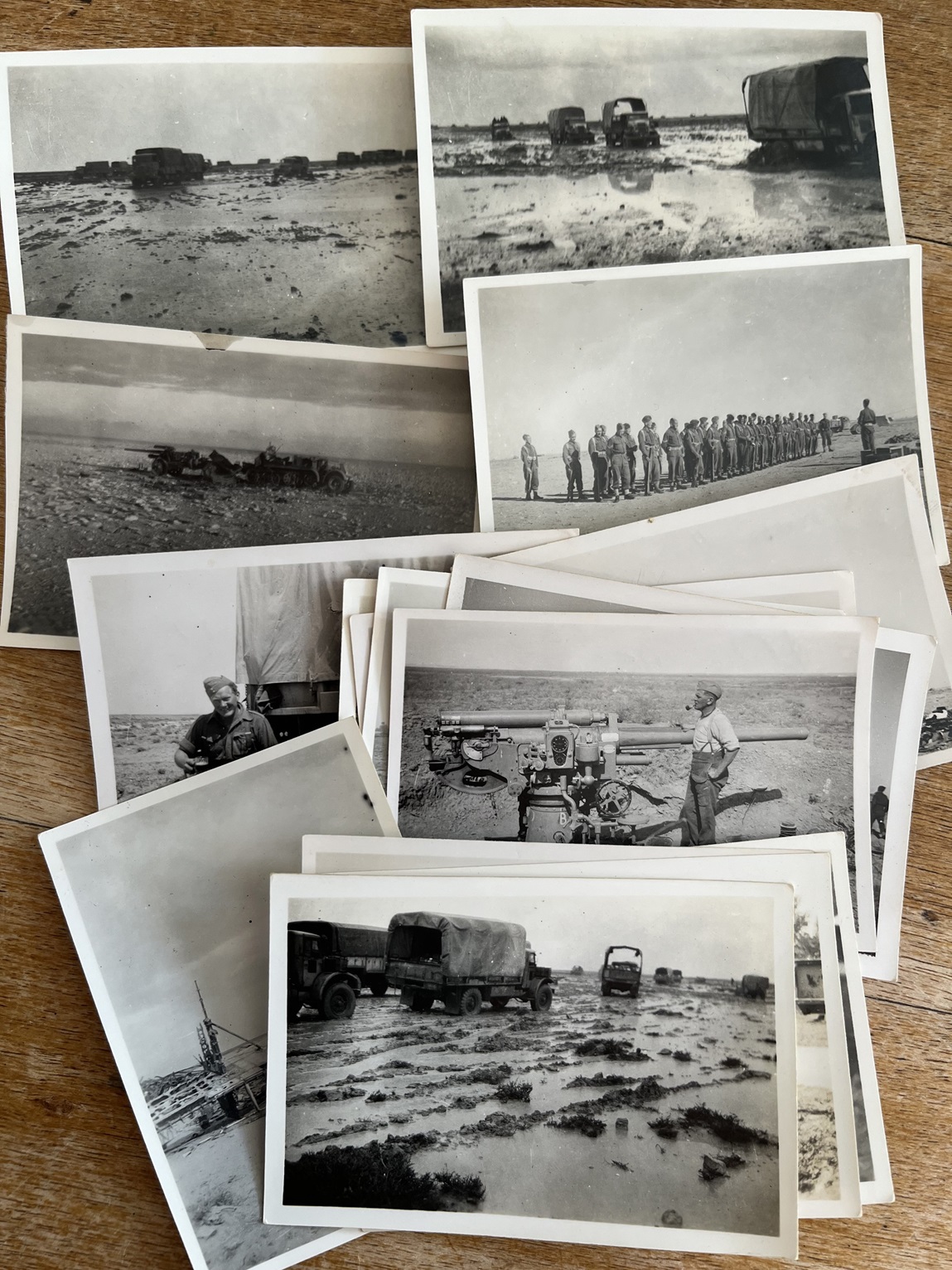
Her second book, Songbirds of Florence, gave her an opportunity to do a deep dive into the letters her grandfather wrote during the war. He was based in the Middle East for three years and every letter he wrote home his mother kept as well as a lot of photographs.
"So that was amazing, incredible reading about his experiences and I used it as reference material. It’s funny. I’ve almost learnt more about my grandfather reading those letters than I ever did when he was alive."
Her latest book, The American Boys, is set in the time American soldiers came to New Zealand to help protect its shores during World War 2 and examines the impact they had on the country’s culture and society at the time.
"They were larger-than-life characters, they had lots of money and good looks, they were dressed well and were sweet-talking."
Having initially written two contemporary novels which were published overseas, Spooner soon found research for the historical novels took on an added level of importance.
"There’s quite a lot of responsibility to get it right. I always have that fear of someone saying you didn’t quite get that right. And occasionally I’ve deliberately not stuck directly to the fact. It’s that conundrum of you writing fiction, but it’s covering real events and even sometimes real people. And I have to be really careful that I honour that. But also, I want it to be a work of fiction. So, I think that’s the hard part for any historical fiction writer."
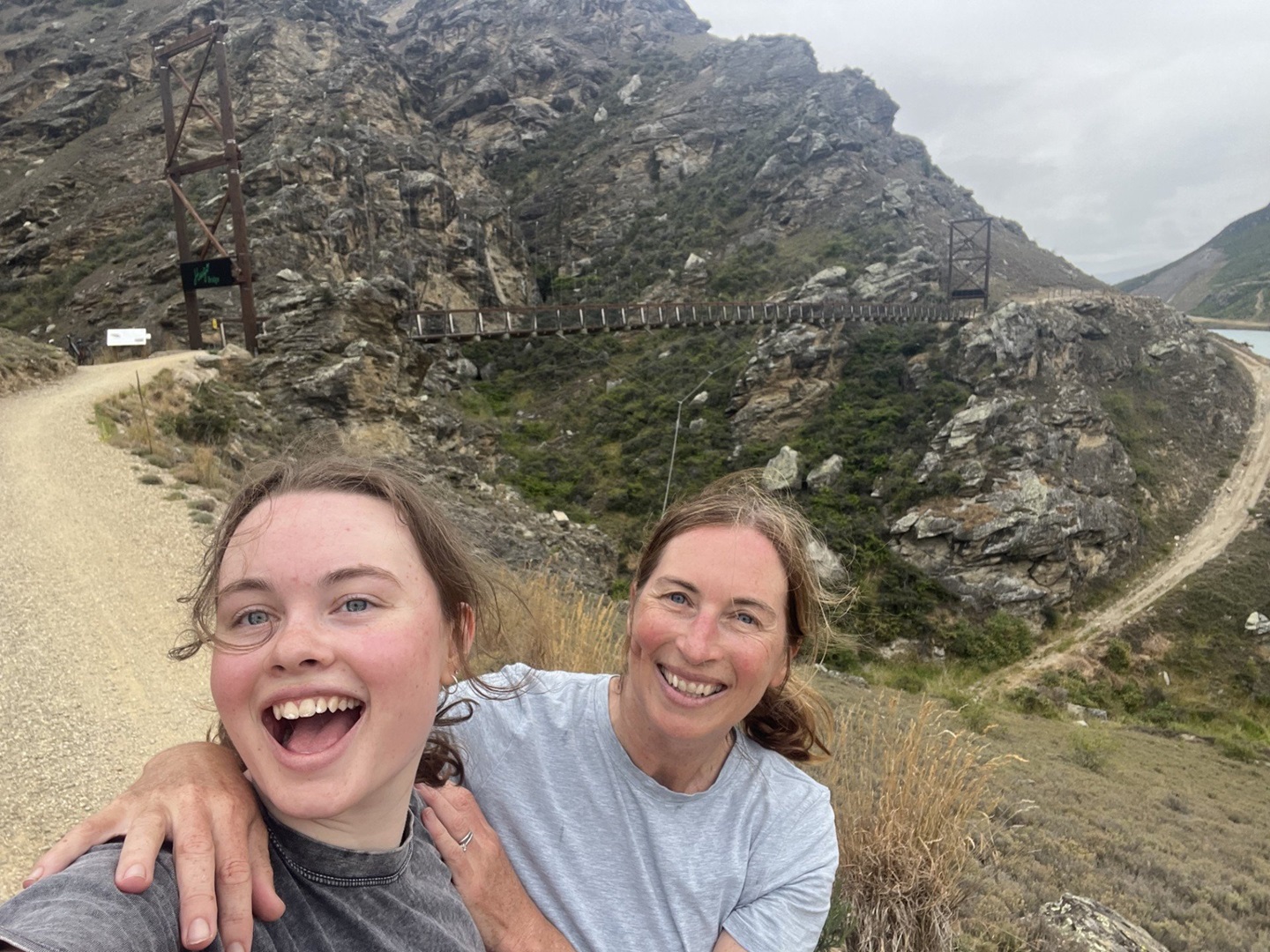
"I sort of gave myself permission when I was at home with my first baby. She was maybe 3 months old, and I think I enrolled in a writing course then because I thought that’s something I can do. And it was just all online and it just spiralled from there, really. I just took more courses and ended up writing a novel and that’s still in my metaphorical bottom drawer. I don’t think it will ever see the light of day. But that’s where it started and I just never stopped. I just kept writing."
Back then she never thought of getting published; it was all about the writing.
"I was always full of ideas. I still am."
Spooner has continued to work hard on her craft, studying online, finding the structure and deadlines assist her in committing to the practice.
"Some people can just be incredibly naturally gifted at writing, you know. But I’m not one of them. But I’ve really enjoyed learning the craft and developing the art. And I don’t think you need to do courses, but I just think it helped me."
But the key for her has been reading, or, as she likes to call it, reading with intent.
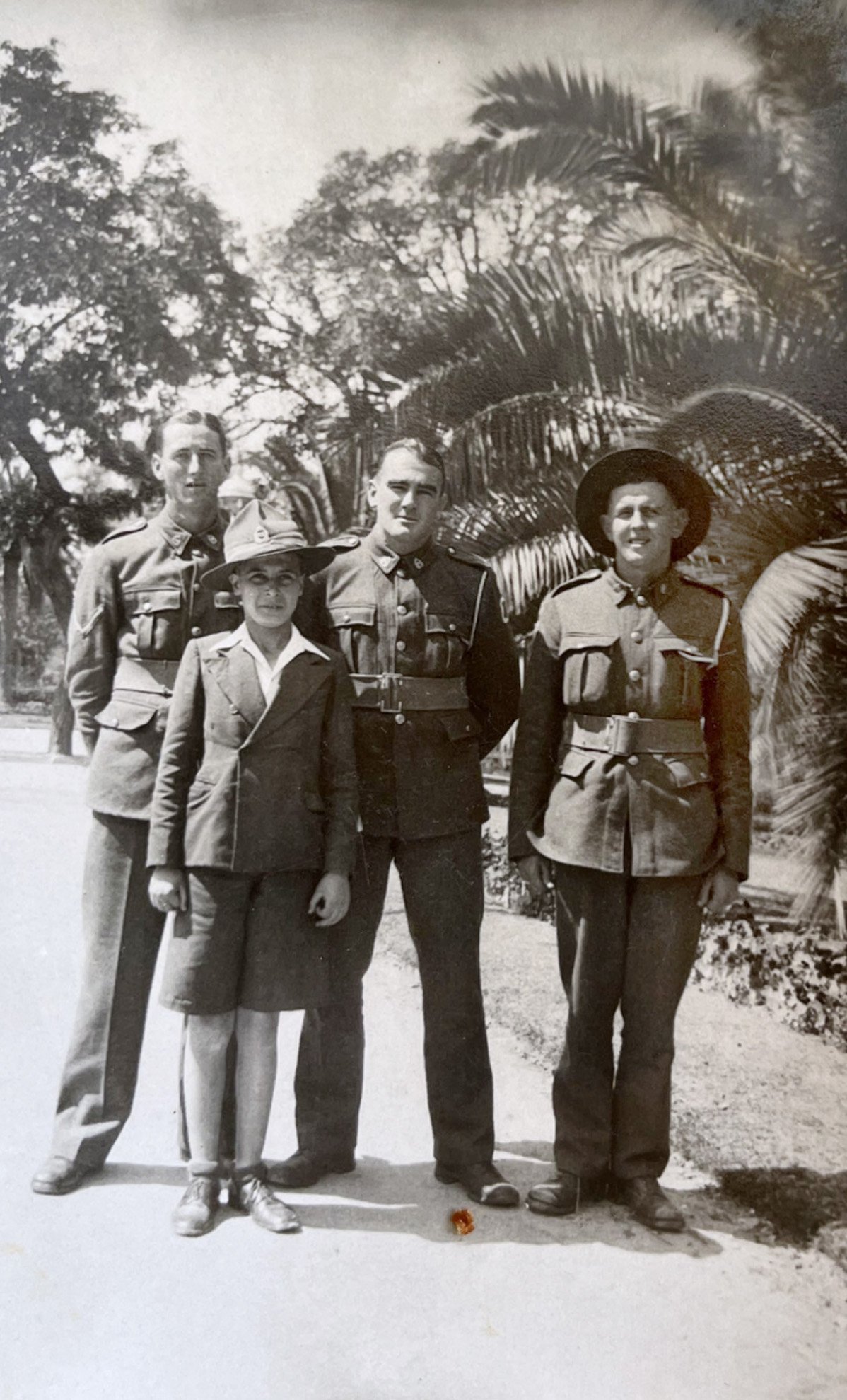
It does not ruin her enjoyment of a good book though. An avid reader, Spooner admits she does not read historical fiction, instead preferring a well-written contemporary story.
"Sometimes I get so swept up I read the whole thing and then think, OK, I’m going to have to read that again."
In her early days of writing she continued to juggle it with having three children and working part-time as a pharmacist. But after her third child was born she struggled to do the hours needed for her practising certificate.
When her youngest child went to primary school, she indulged in a long-held wish to own a book store. Six years later she has sold the store as it became too hard to juggle with her writing, especially with the aim to write one novel a year.
"I’m still adjusting to the change — not having somewhere to go in to every day. I loved it but you can’t get away from that seven-day-a-week business."
While the idea of owning a book store sounds romantic, it requires a lot of hard work and hours, she says.
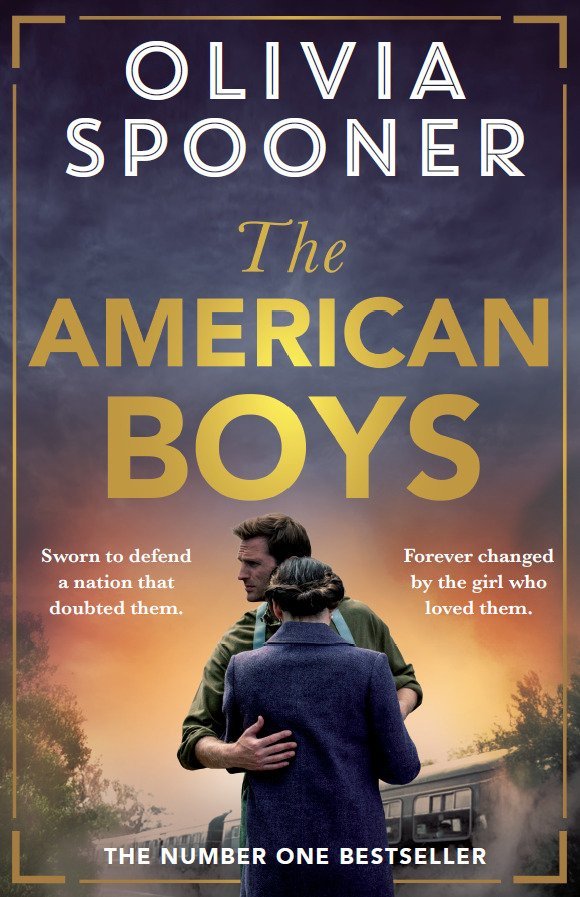
The positive side was meeting the many different people who came in to the store. "That was my favourite part. You really got to know your community and the regulars. It was very rewarding."
They also provided good fodder for her writing, often sharing stories related to what she was writing about.
"I don’t even have to go out and look for them, they just come to me."
She is now funnelling that energy into her writing but admits it does not come easily a lot of the time. The days where she is totally immersed in the story, losing track of time, do not come along often.
"On a good day that happens and it’s the best feeling in the world. [Instead] you just have to sit there and force yourself to keep going."
When she is stuck, Spooner often elects a change of scenery. "I go for a walk; that often helps. Or if I’ve been writing at home I’ll go to a cafe or the library."
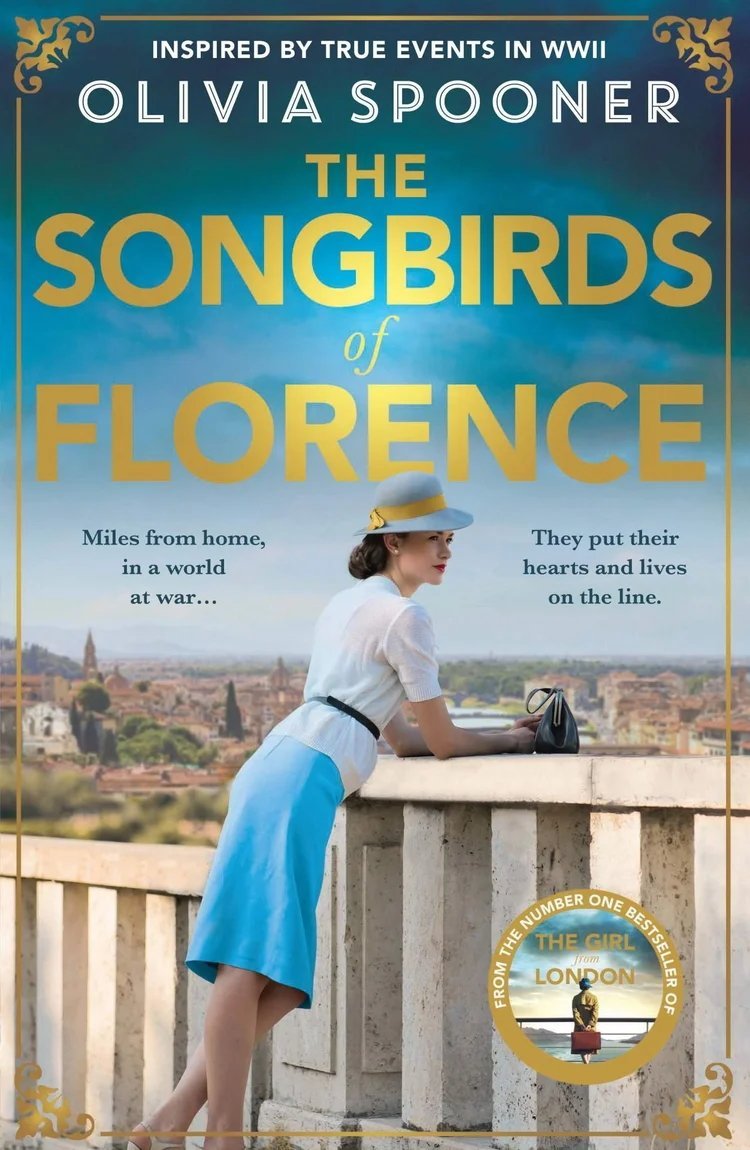
"I don’t start writing the actual book until they’re formed enough that I hear them talking to me, that I can hear their voice and hear their conversations. I think, OK, I know you well enough that I can start writing this story. So a lot of it is mulling over ideas and who are the characters."
Loath to pick a favourite character, she does admit that some characters "linger" with her and she thinks of them fondly sometimes. Spooner enjoys getting to talk about them again at writers festivals such as the upcoming Queenstown Writers Festival.
"I wonder what they are up to... they do seem so real to me."
Despite her stories being based during World War 2, she hopes the journeys and emotions her characters go on are just as relatable today.
"In The American Boys there is more of a love story than the previous two as it lended itself to that. But I always like to think, there is a love story but it’s really more about the character’s journey and in this case it’s about family and friendships as well. They’re equally as important to me as the love story."
Her favourite part is once her editor has read the work.
"When I get the notes back from her and start the next step, that’s the bit I get excited about. When I’m revising, it sort of starts to really come alive then."
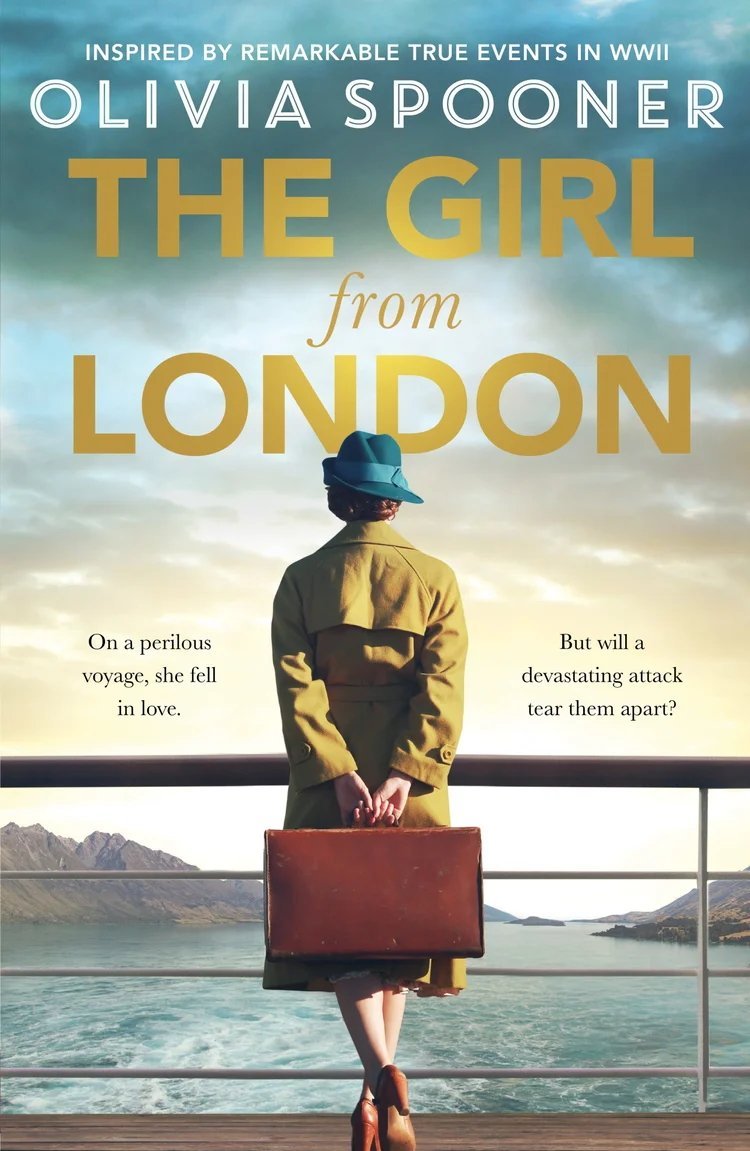
"I still felt a sense of achievement in getting it published. It was another step in the journey."
Her historical fiction books on the other hand have been published in New Zealand and reached No 1 on the New Zealand bestseller lists.
Yet she still feels she is on an "exciting journey" with her writing.
Having her latest book come out just days before the writers festival is a bit nerve-racking but also exciting, especially as her parents live in Otago and she has spent many holidays in the region over the years.
Spooner is already working on another book, historical again, but she thinks after this one it might be time to set her novels in another time.
To see
Queenstown Writers Festival, October 30-November 3, The American Boys: Olivia Spooner, November 1, noon, Te Atamira Puāwai













